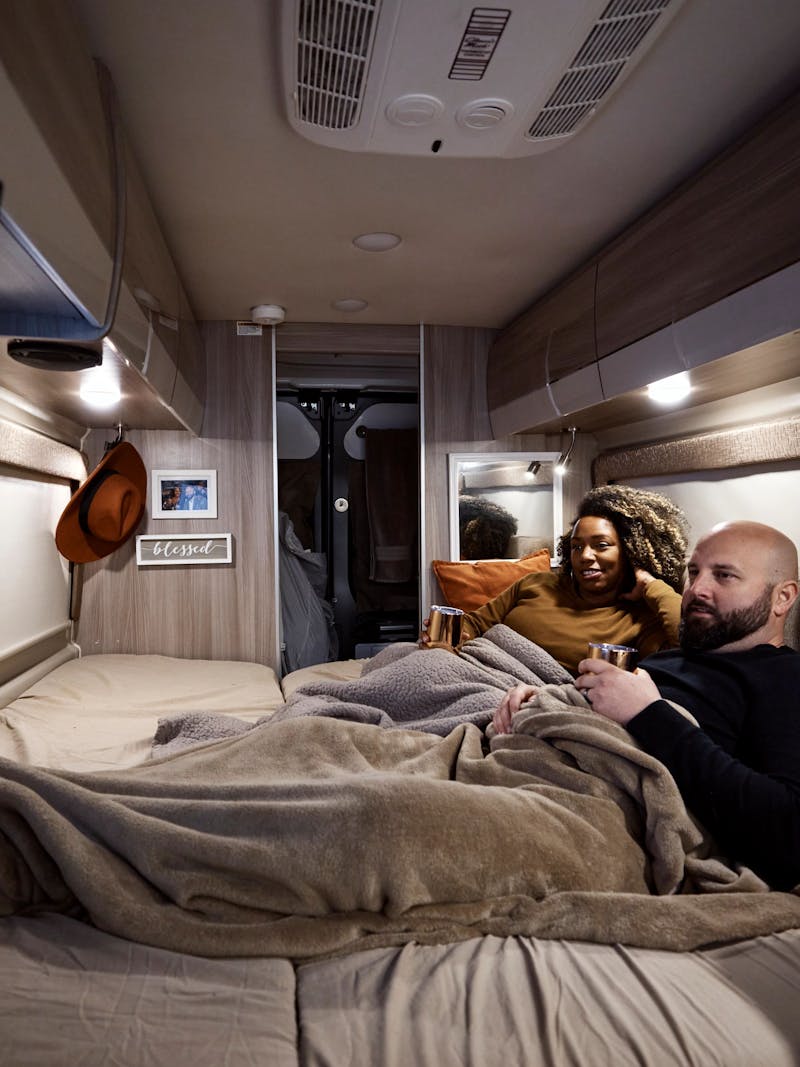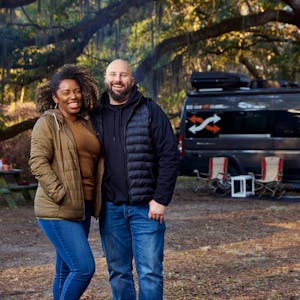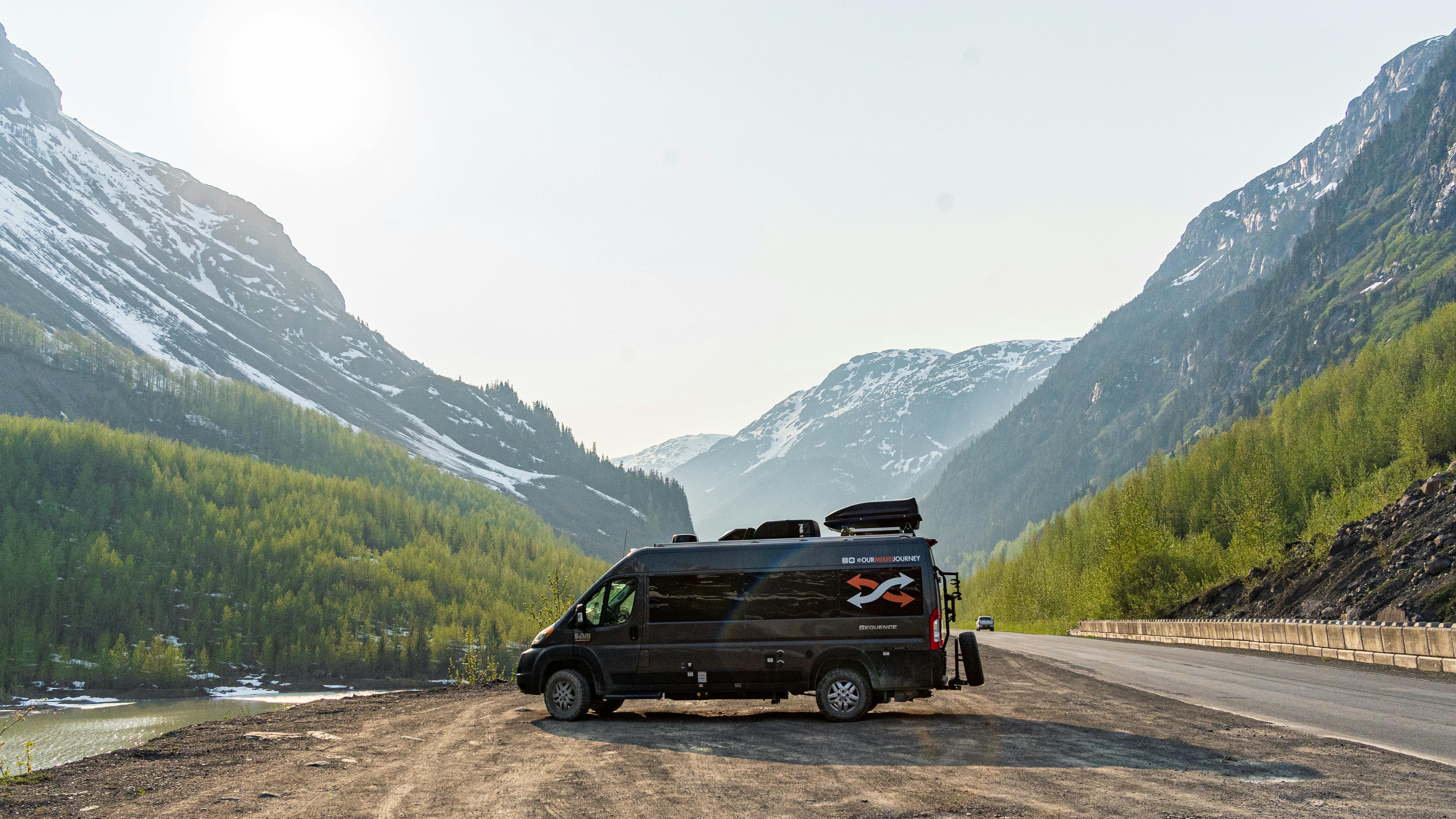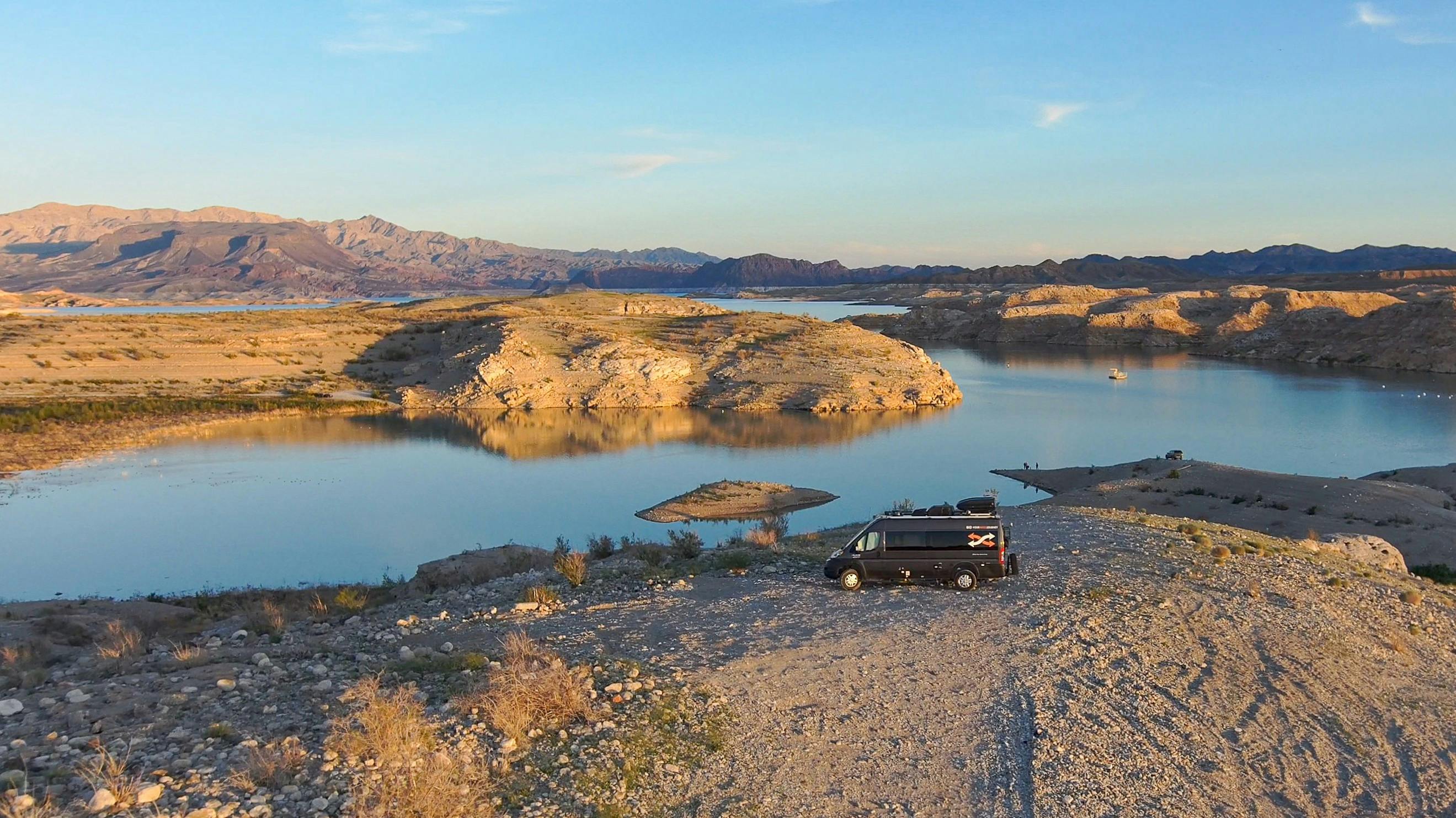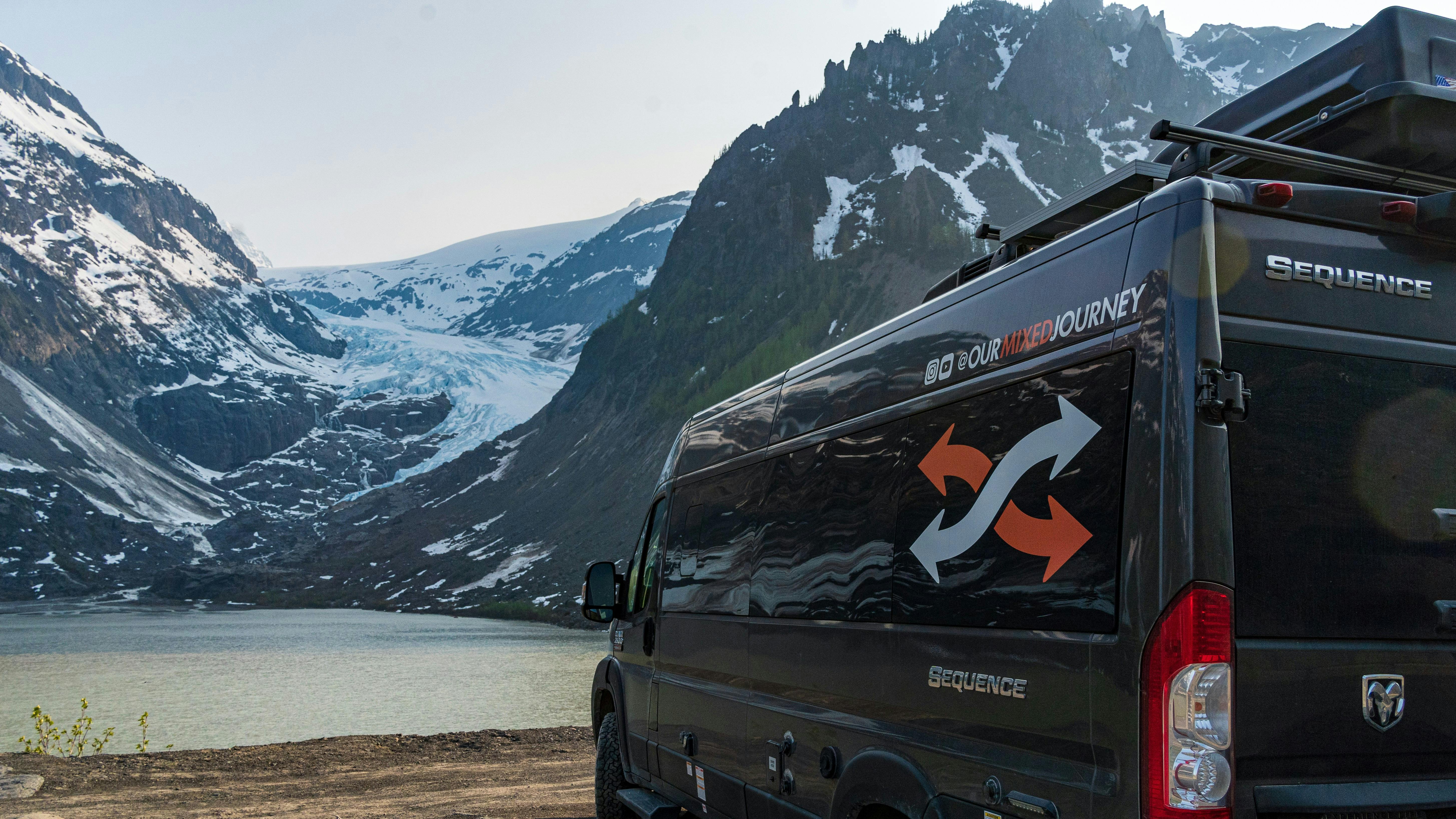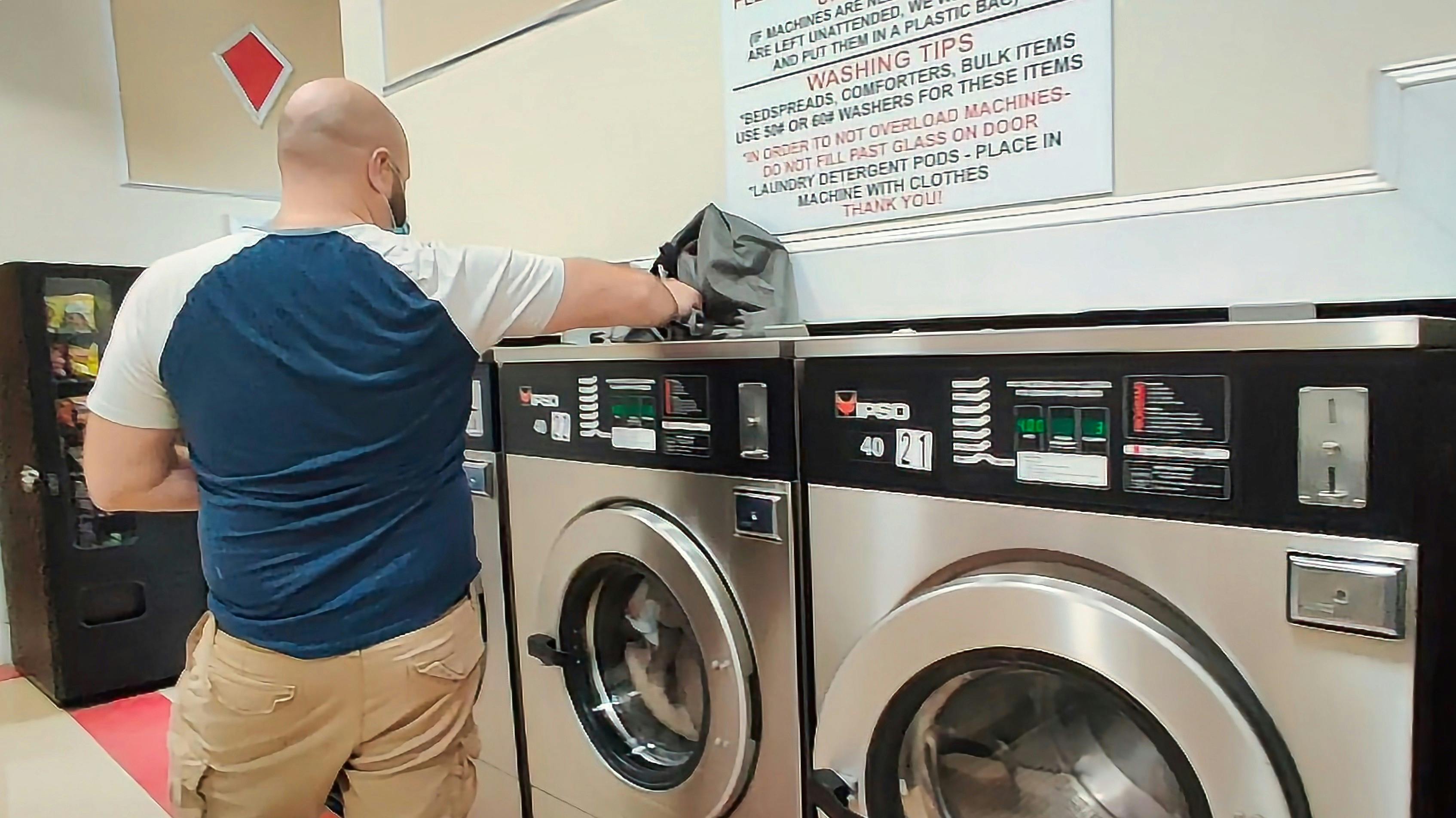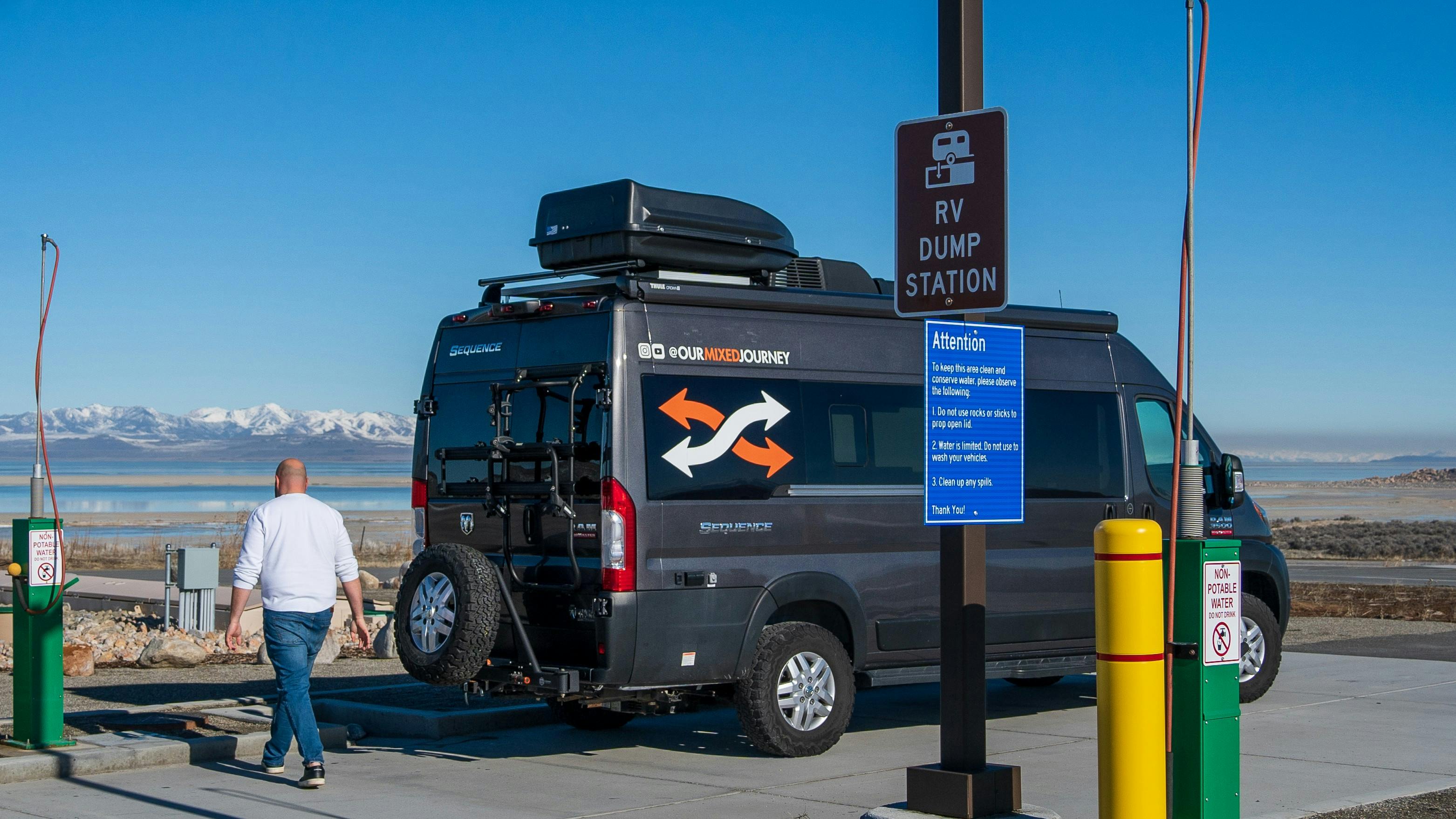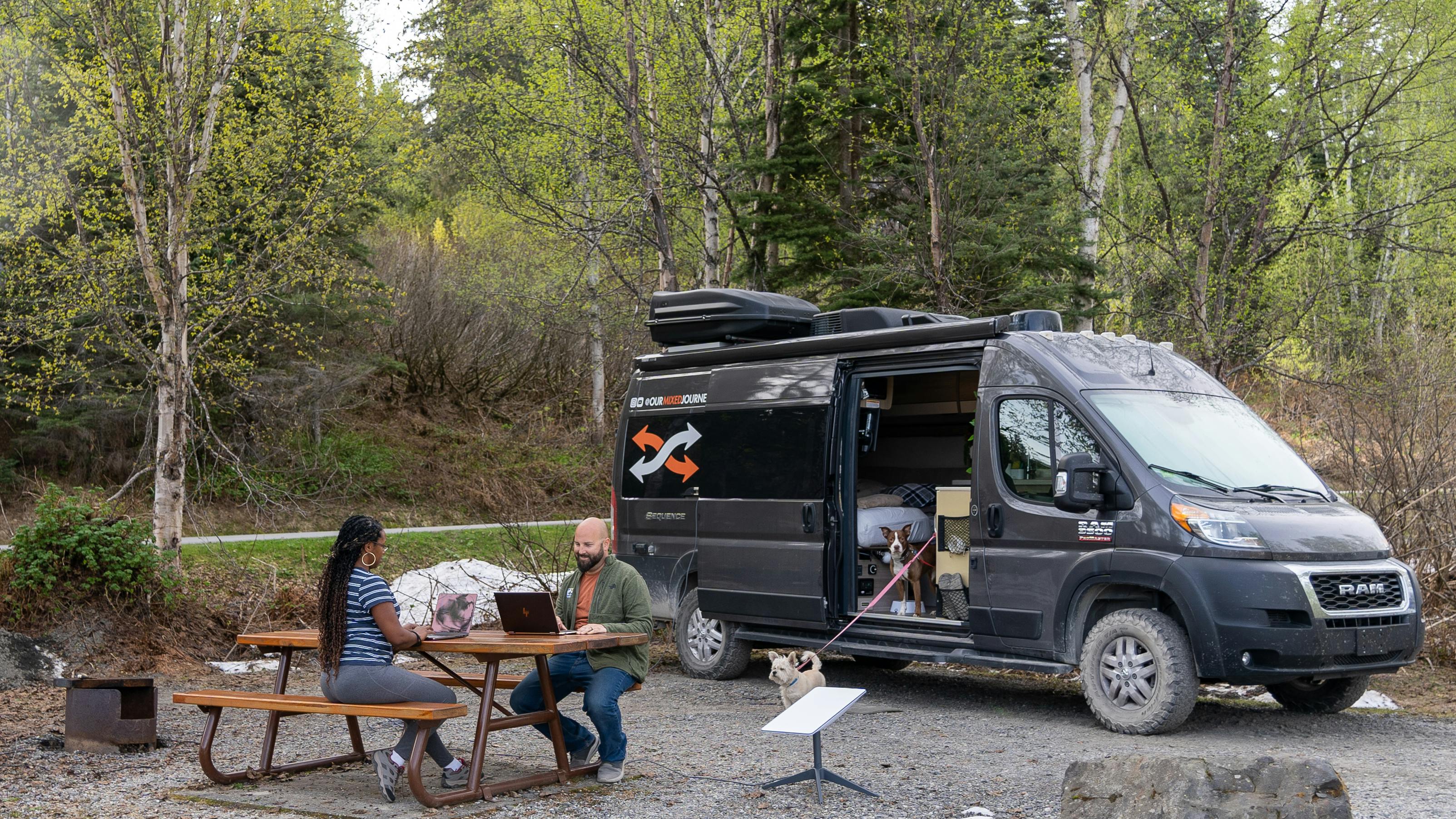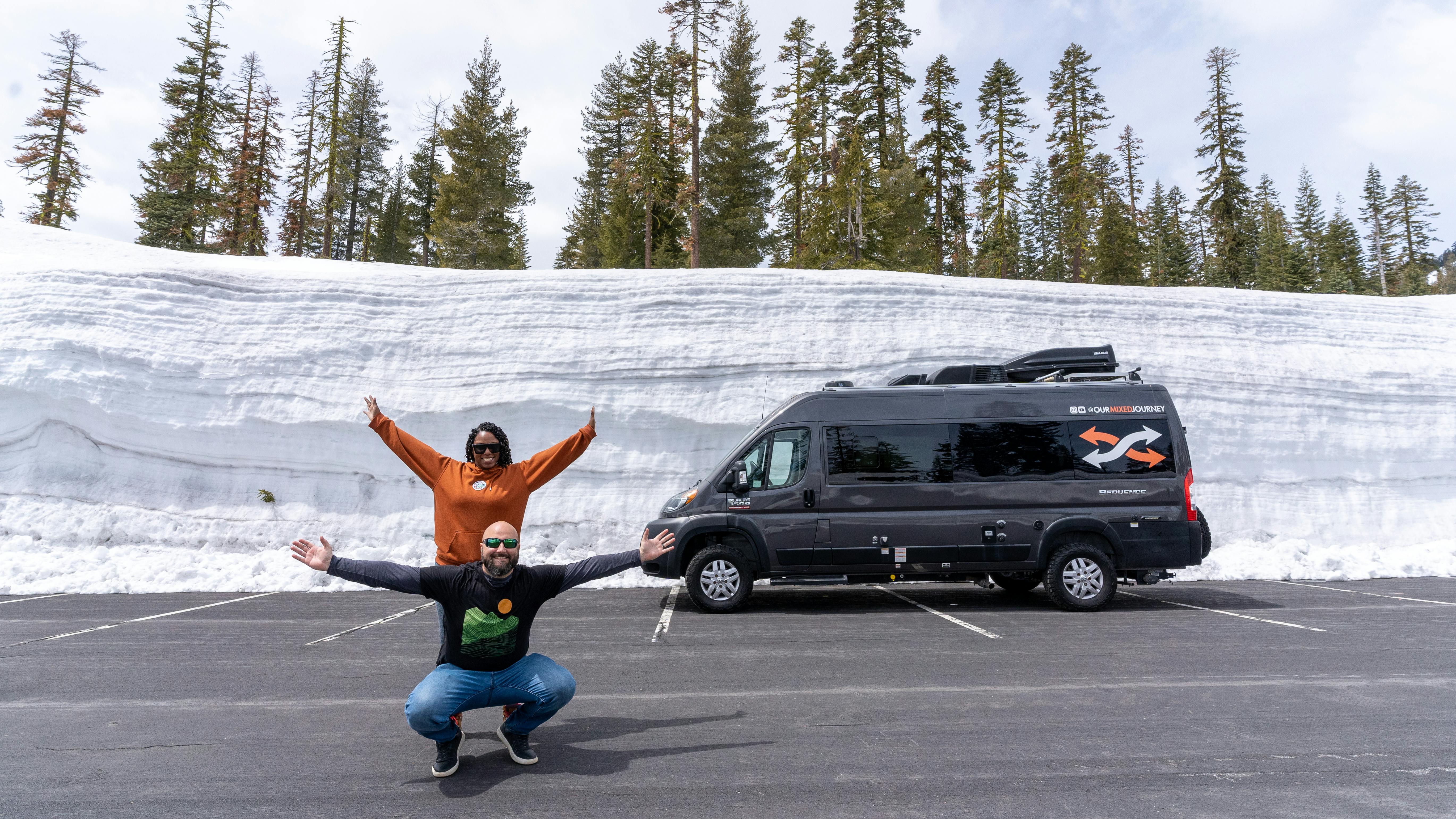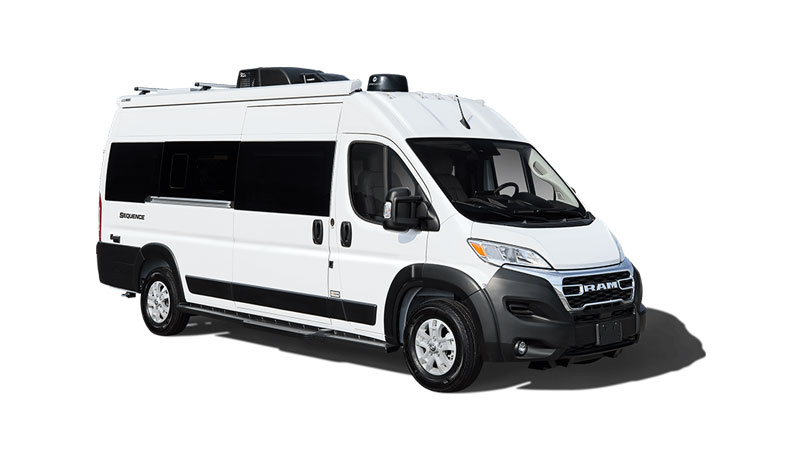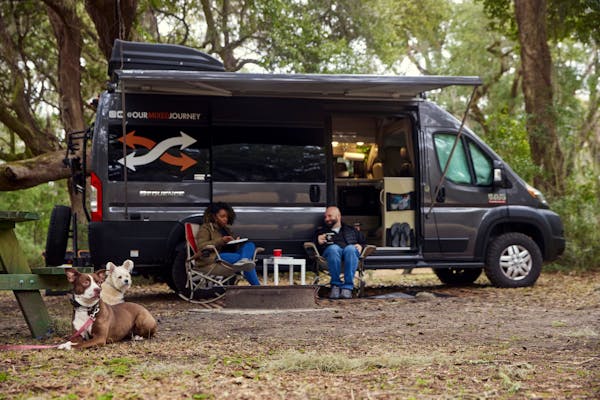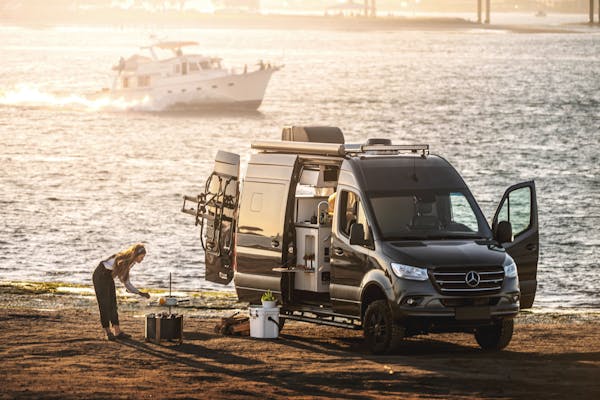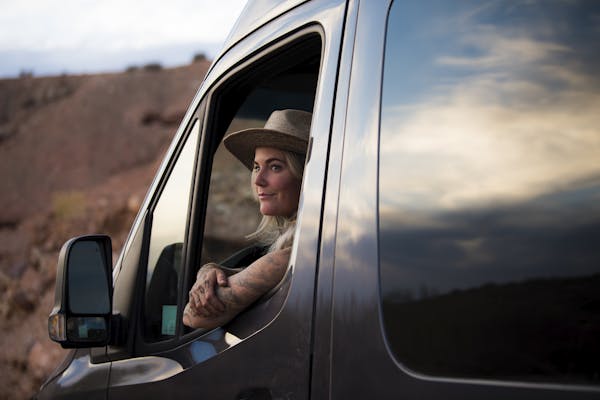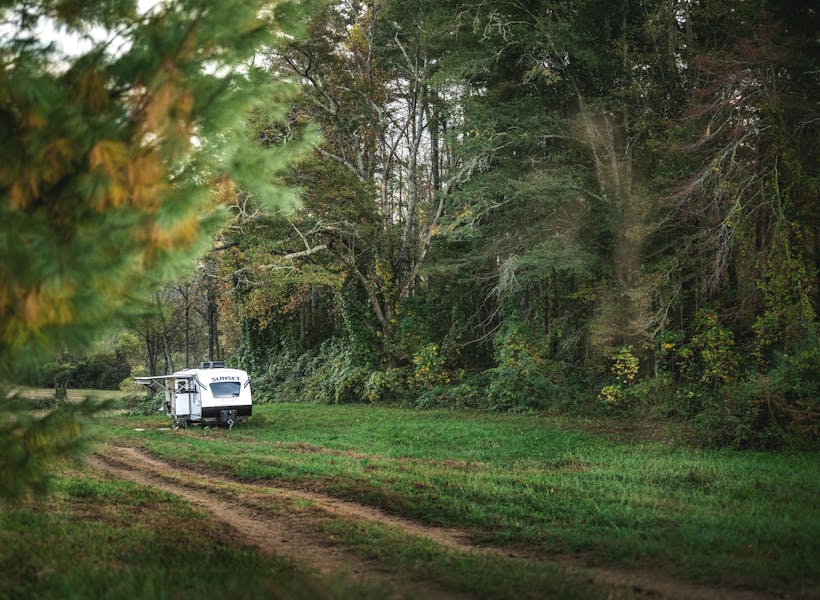Gabe and Rocio spent four years traveling and exploring the country in their RV before they decided to settle in North Carolina. They absolutely love the RV lifestyle (they even named their camper van) and continue to take multiple trips every year with their two dogs, Wilson and Journey. True lovers of the outdoors, Gabe and Rocio hope to see as many national parks and go on as many hikes as possible.
Video
How To Maximize Storage In A Class B Van
Gabe & Rocio share their seven best tips for maximizing storage space in a Class B.
